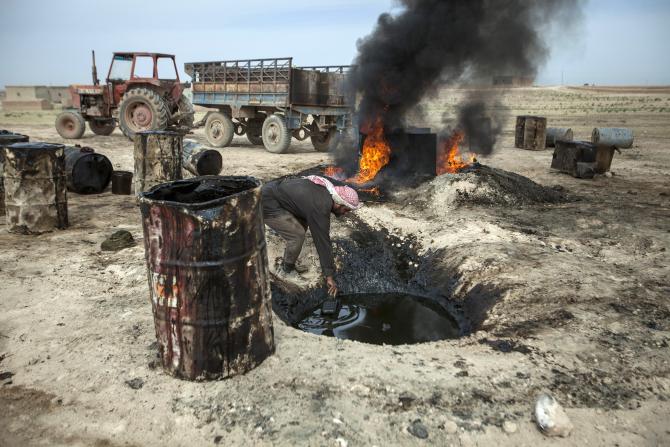Kurdistan has been recently hit by a series of bad news regarding the future prospects of its oil industry, which had already been negatively affected by the war, low oil prices, and most recently also a string of downgrades of Iraqi Kurdistan’s oil reserves. The revisions of the grading is a result of a closer evaluation of the oilfields in the region after drillers hit more water than expected and they have already negatively impacted the interest of the world’s biggest crude players, such as Exxon Mobil, in Kurdistan’s oil. The indebted Kurdistan Regional Government (KRG) is struggling to ramp up output and exports due to pipeline outages and conflict with the militants from the Islamic State, also known as ISIS.
“The recent reserve downgrades are another blow to optimism about Kurdish oil production,” Richard Mallinson of Energy Aspects said, adding that “while there are substantial amounts of oil in this underexplored province, companies are finding it is not as easy to find or produce in the quantities initially expected.” The producers that are still operating in the region have recently decreased their production and reviewed the estimates of proven oil reserves due to geological issues.
In any case, the region still has one of the world’s lowest production costs, at around $20 a barrel. Genel Energy, an oil company with a registered office in Jersey and field office in Turkey, halved the reserves estimate for Taq Taq, Kurdistan’s biggest operational field, to 356 mmbbls (meaning that more than half of the 80,000 barrels-per-day field’s reserves have been produced) and wrote down its value by $1 billion. Genel also operates another field, Tawke, whose reserves were little changed at 631 mmbbls. Tony Hayward, Genel’s CEO and a former boss of BP, commented that that the downgrade was “clearly very disappointing for ourselves and the Kurdistan Regional Government.”




